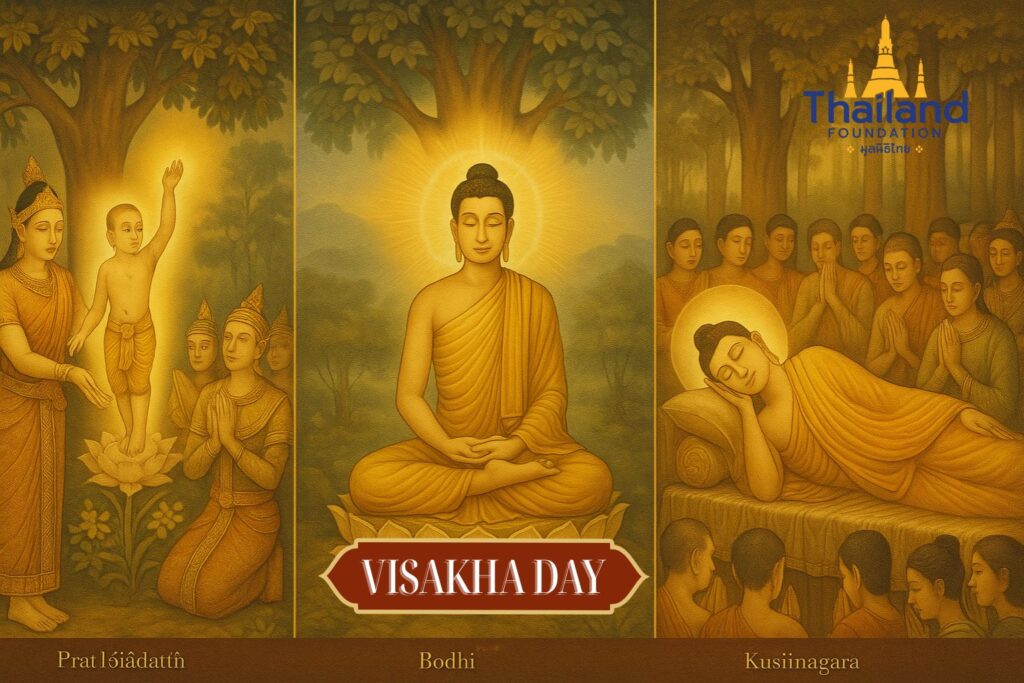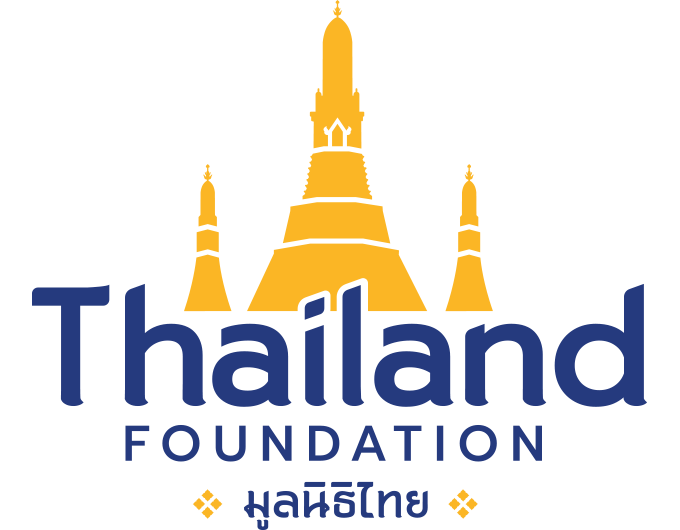
Visakha Bucha Day returns once again today this year, marking a sacred occasion for Buddhists around the world. On this day, we respectfully commemorate the three pivotal events in the life of the Buddha: his birth, his enlightenment, and his Parinibbāna (final passing away).
To summarize: The Buddha was born into the aristocratic warrior (kshatriya) caste as the son of a ruler in the Sakyan kingdom of ancient northern India—modern-day Lumbini, located in the Rupandehi District of Lumbini Province in Nepal—over 2,600 years ago. At the age of 29, he renounced worldly life and adopted the path of a spiritual seeker in pursuit of liberation from the suffering that inevitably accompanies birth. In other words, he sought the timeless bliss that comes from breaking free from the endless cycle of birth and death.
At the age of 35, he attained enlightenment—referred to as “Bodhi”—and, by realizing this awakening, became the Buddha, the Enlightened One who discovered the path to ultimate liberation. Out of profound compassion, he then spent the next 45 years traveling across India, particularly North India, teaching people of all genders, ages, social classes, and backgrounds. He shared the path he had discovered—the path to freedom from suffering.
At the age of 80, the Buddha entered Parinibbāna in the city of Kusinara, in what is today Uttar Pradesh, India.

On Visakha Bucha Day, Thai Buddhists engage in meritorious acts such as offering alms to monks in the morning, visiting temples to present meals to monks and novices, listening to Dhamma sermons, and participating in a candlelight procession (wian tian เวียนเทียน) around the ordination hall three times in the evening. During this ritual, they carry flowers, incense, and candles as offerings of devotion.

These acts are done in remembrance of the Buddha’s boundless virtues: his supreme perseverance, patience, and wisdom; his unwavering resolve and complete enlightenment; his constant awareness and serenity; his freedom from all defilements; his exemplary conduct and truthful, beneficial speech spoken at the right time; his immense compassion for all beings to be freed from suffering; his great loving-kindness for all beings to have happiness; and his limitless dedication to the welfare of all sentient beings.
You are warmly invited to explore more about Visakha Bucha Day on the Thailand Foundation website here. (Please click to change the language from Thai to English in the upper right-hand corner.)
****

Author: Paitoon Songkaeo, Ph.D.
Transitioning from a Buddhist monk to a diplomat, Paitoon Songkaeo is the Administrative Director of the Thailand Foundation. With a background of 16 years as a Buddhist monk, he later joined the Ministry of Foreign Affairs and retired as the Consul-General of Kota Baru in Malaysia in 2017. Additionally, he is a regular contributor to the Spiritual Values & Meditation section.

